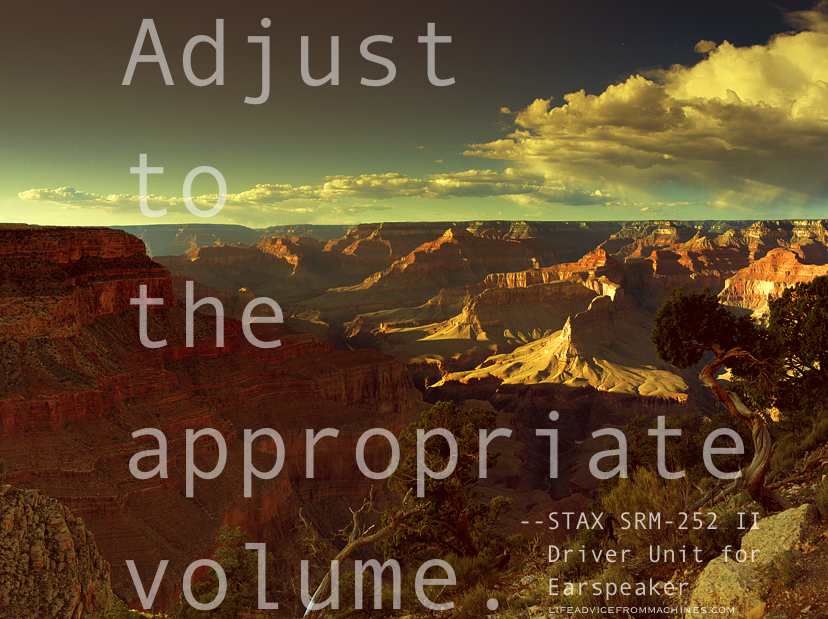Open Data Catalogue | Victoria. Not too much up yet, but I’ll be interested to see what the city publishes.
Links
Let me sing you the song of my contributions.
Let me sing you the song of my contributions.
Обкуренные вороны – YouTube
“Stoned crows” playing on a snowy car.
Django, in chains
Life Advice from Machines
What Are Rappers Really Saying About The Police?
What Are Rappers Really Saying About The Police?.
After an analysis of a random sample of hip-hop songs released on platinum-selling albums between 2000 and 2010, Steinmetz and Henderson concluded that the main law enforcement-related themes in hip-hop are not pleasure and pride in aggressive and criminal acts, but the unfairness of the criminal justice system and the powerlessness felt by those targeted by it.
Lyrics about law enforcement, for example, frequently portrayed cops as predators exercising an illegitimate power. Imprisonment, likewise, was blamed for weakening familial and community relationships and described a modern method of oppression.
How Long and What a Marvel · TheWalrus.ca
How Long and What a Marvel · TheWalrus.ca. Zoey Peterson :)
Stalker | The Nation
One night more than twenty years ago, I was followed on my way home by a drunk who wanted to get into a fight. A block from my house, he started throwing punches. I yelled, in a Texas accent that I didn’t know I still had. He broke my glasses. And then, to my surprise, I punched him back. He ran off, and when I got home, I was happy to find a little of his blood on one of my knuckles.
Over the next few days, I told the story to anyone who would listen. I expected sympathy, which many offered. But to my chagrin, quite a few listeners suggested that I must have done something to provoke the assault. Had I challenged the man? Maybe I had made a pass at him? It was my introduction to the human weakness known as the just-world hypothesis. As it turns out, many people wish so strongly to believe in the safety of their environment that they prefer not to acknowledge that a bad thing can happen to someone who has done nothing to deserve it. In the just world that they imagine, no one gets cancer unless he has eaten or smoked something naughty. Bicyclists aren’t run over if they wear their helmets. And no one is assaulted who hasn’t at least leered at his attacker.
The news in James Lasdun’s memoir Give Me Everything You Have is that there is a new kind of bad thing in the world: persecution on the Internet by a clever, mentally unbalanced person. If you haven’t experienced it yet, you may have trouble believing how upsetting and disorienting it can be. And you may be tempted to wonder if a sufferer like Lasdun hasn’t somehow asked for it. Lasdun, a novelist with a taste for creepy, unreliable narrators, doesn’t shy away from the suspicion. To the contrary, he rather exhaustively invites it, revealing even private thoughts as if they could somehow have set off his tormentor. I wouldn’t recommend full confession as a litigation strategy—in this case, readers who want to fend off Lasdun’s bad news will easily find grounds for blaming him—but it does clarify the stakes. Lasdun insists on being as messy as the next human being, and he demands to know whether he deserves six years of misery, and counting, because of it.
